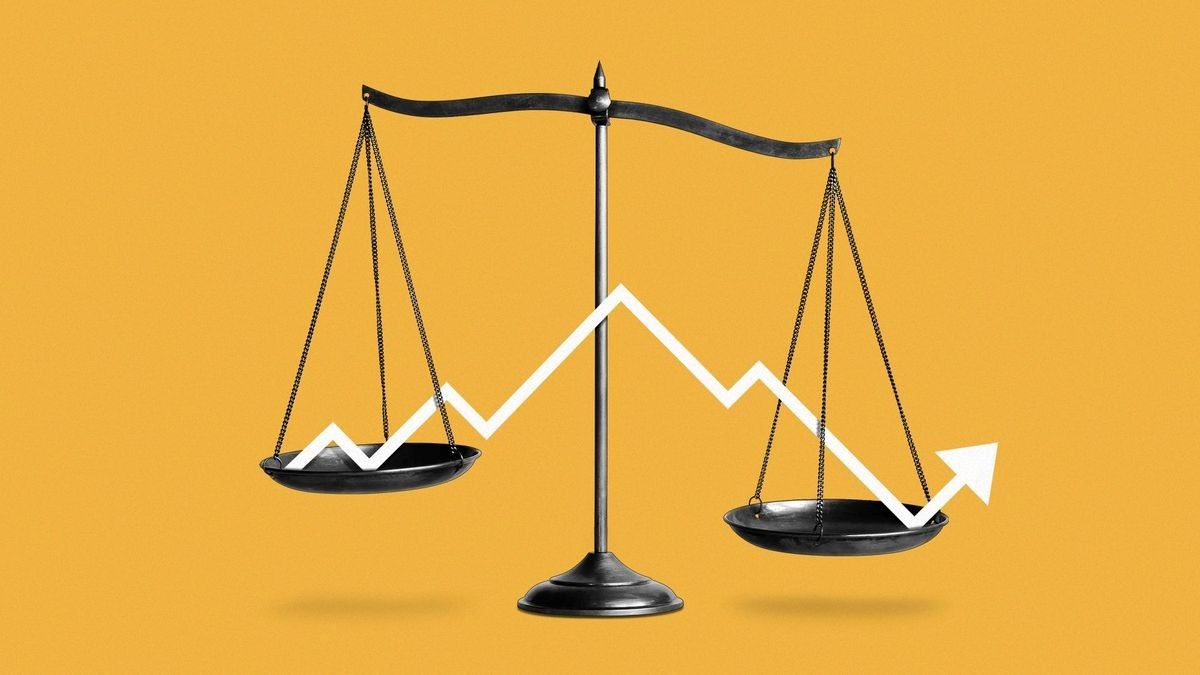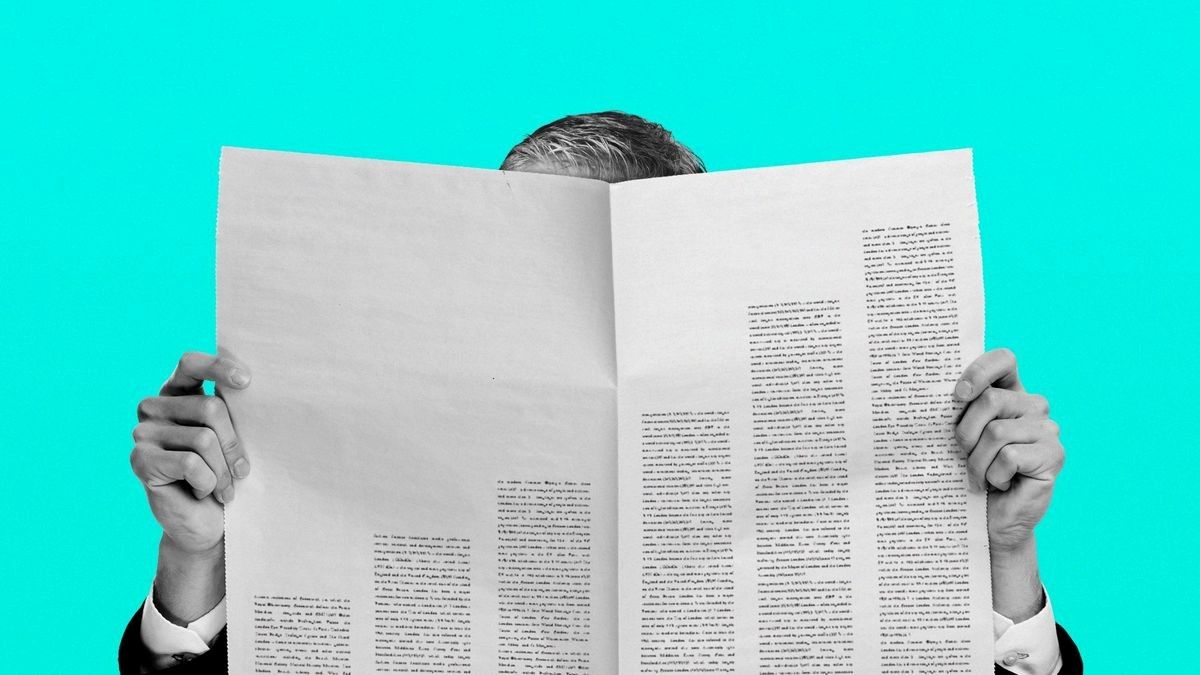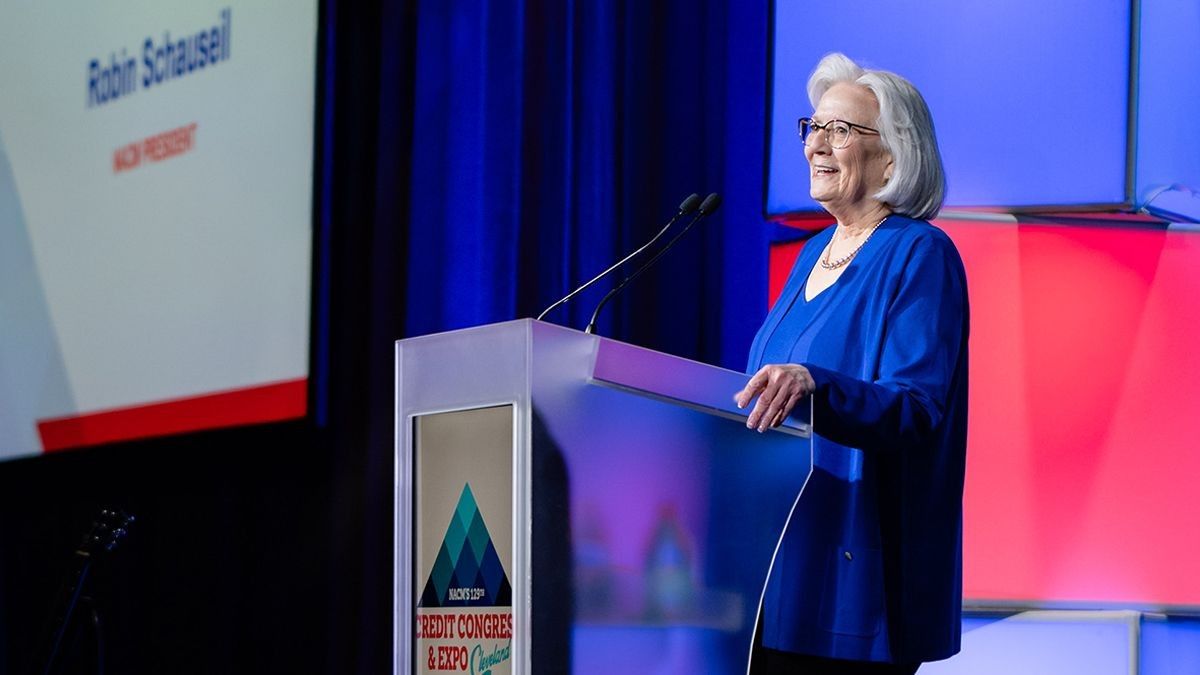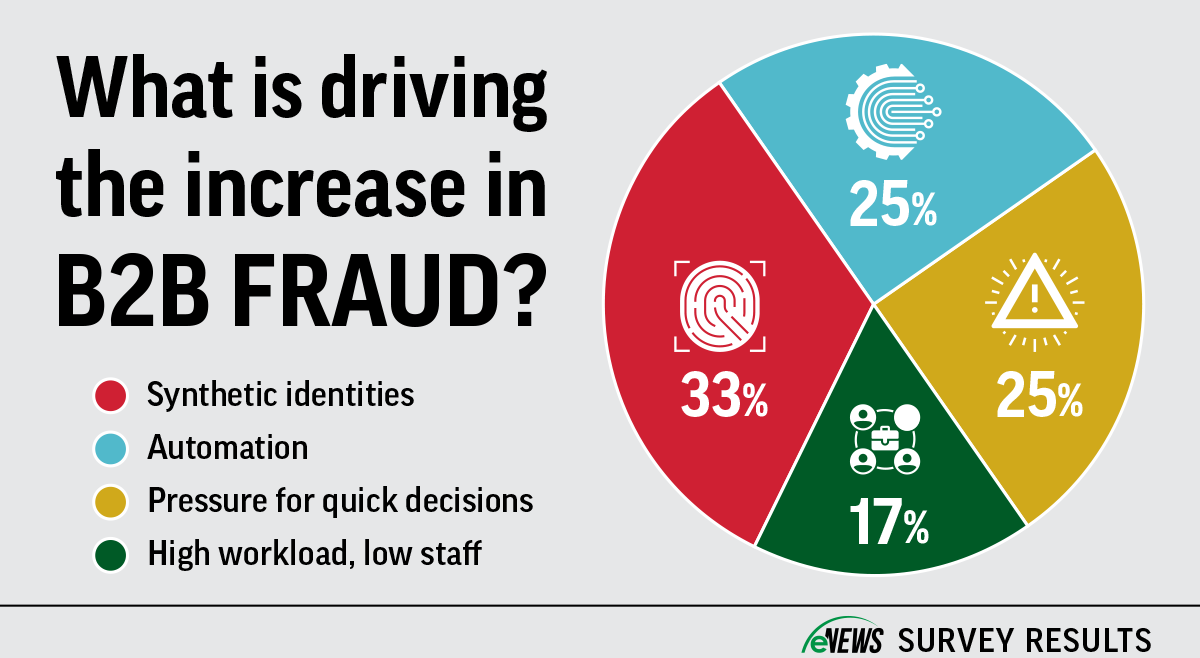Economy, eNews, Government
Politics Shifting Behind Trade War
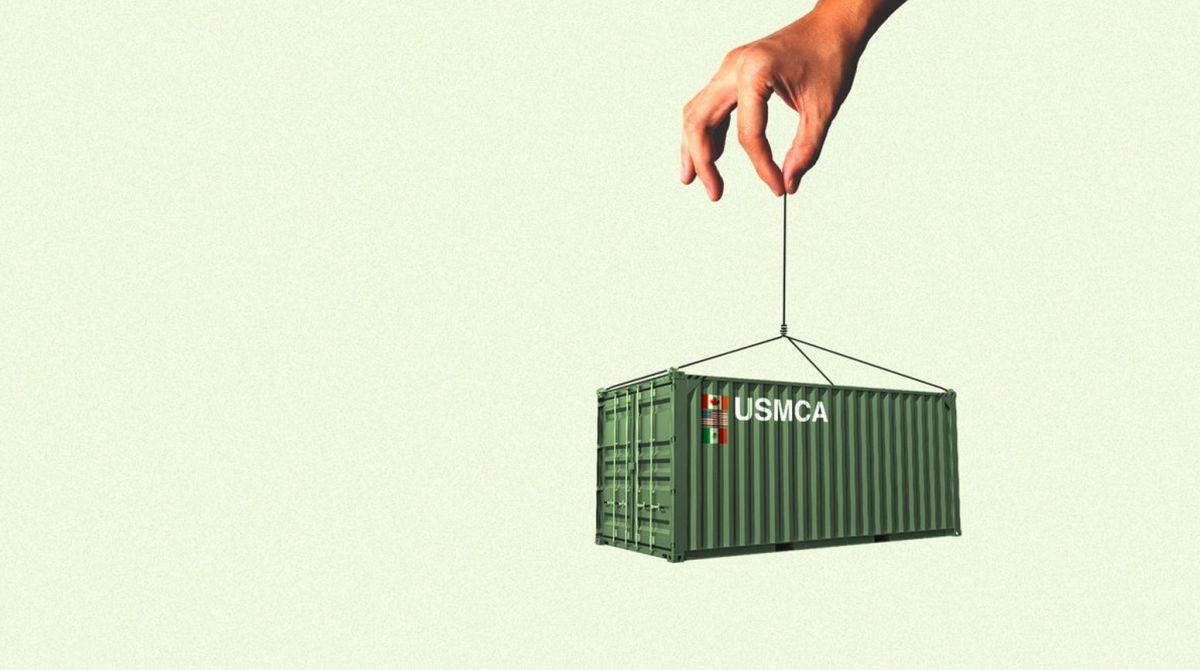
President Trump’s trade war is officially on. However, in an extraordinary reversal just hours after they were set to go into effect, the President delayed the implementation of extremely harsh reciprocal tariffs on over 60 countries. That leaves in place the April 4th 10% across-the-board tariffs but gives the world time to breathe and react.
Behind the abrupt change is a shift in power within the White House.
Peter Navarro has been President Trump’s trade counselor since the start of Trump’s second term, pushing for high tariffs on our key trading partners in order to forcibly narrow the U.S. trade deficit. To Navarro, the U.S. economy has been broken for decades, spending more than it can afford, and is on the verge of becoming unsustainable. He believes that tariffs will force Americans to reduce their spending on cheap foreign goods. This, in turn, would increase the savings rate in the U.S., create new jobs domestically to meet consumer demand and, over time, close the U.S. trade deficit permanently.
President Trump’s stated goals, notably narrowing the U.S. trade deficit and growing manufacturing in at home, are more aligned with Navarro, but it now seems that the President may be open to alternative options that still achieve these goals but on a longer timeline.
Kevin Hassett, Director of the National Economic Council, is a Bush-era Republican economist and generally a supporter of free trade. He, for the most part, agrees with what the majority of modern economists believe—that running a long-term trade deficit is not inherently bad, and is in fact a sign that the economy has matured past its manufacturing growth phase, moving towards a service economy. This theory is further supported by the fact that the U.S. runs a trade surplus on services, as other nations around the world seek our expertise and service products.
Hassett has emerged as a key negotiator with foreign nations, able to translate President Trump’s tweets and rhetoric into actionable trade demands. In addition to Hassett, former hedge fund manager and now Secretary of Treasury, Scott Bessent, has begun to publicly turn the screws, urging the President to push for trade deals that accomplish his goals in a more realistic manner. Importantly, it was Secretary Bessent who was at the White House press conference announcing the delay in tariffs.
Another piece of good news is that, so far, most goods in transit are not being impacted by the majority of new tariffs and retaliatory tariffs. This puts us on track to minimize immediate impacts, and our trading partners will likely view the delay as a good faith measure that allows both sides to faithfully negotiate new trade agreements, rather than political fast balls to satisfy campaign promises. The unquantifiable factor is whether we can recover our reputational image internationally, or if foreign consumers will boycott American goods even after trade barriers are lifted, as we have already seen in Canada and the EU.
Ash Arnett is a Senior Associate at PACE Government Affairs. He represents NACM and the credit profession on issues impacting business credit.


